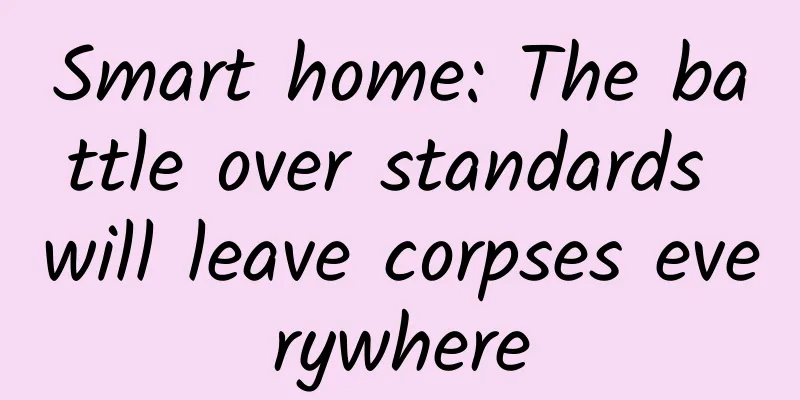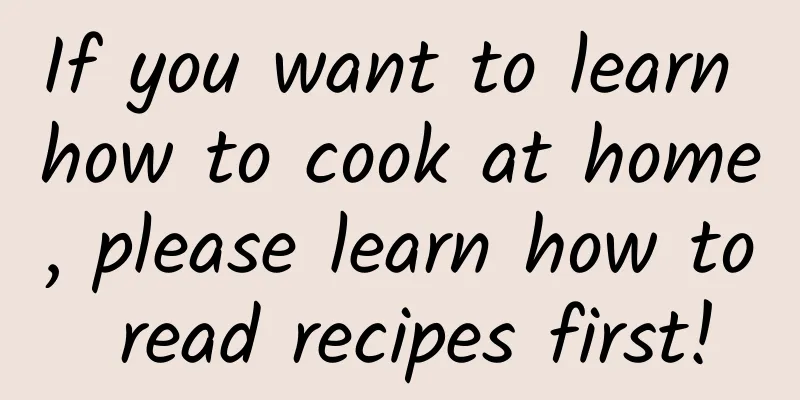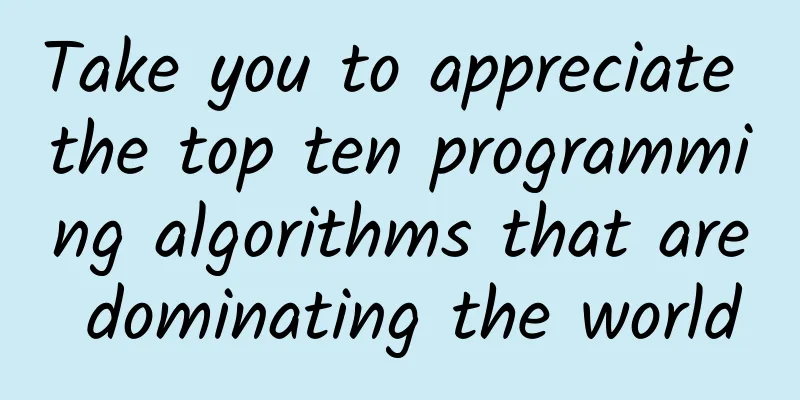Smart home: The battle over standards will leave corpses everywhere

|
Under the background of the new normal of the economy, the "old tune" of transformation and upgrading is bound to be played again. At this year's "Two Sessions", a hot word written into the government work report - "Internet +" can be said to have a new meaning. "Internet +" means a new economic form created by the deep integration of the Internet and traditional industries. At CeBIT 2015 held in Hanover, Germany, the presence of political leaders and China's status as an official partner country also made "Industry 4.0", another hot word originated in Germany, seem to have the same goal as the transformation and upgrading of China's manufacturing. In fact, before "Internet +" became a hot word, the combination of "Internet + home appliances" had already set off waves in the market. LeTV Super TV proposed the "platform + content + terminal + application" ecological system strategy, and Midea and Xiaomi 's capital-level cooperation were both node events. At present, the "Internet +" in the home appliance industry is gaining momentum, and manufacturers' transformation strategies are increasingly being labeled with concepts such as smart TV, smart home, and smart home. Whether the conceptual grand narrative can be equal to the intelligence of specific products is one thing, but an obvious problem brought about by this is: different standards. Almost every mainstream manufacturer has tried to launch its own intelligent operating system, for example, Samsung has SmartHome, Haier has U+, LG has web os, and Skyworth has its own Coocaa system. Back to the topic of this article, the statement “corpses everywhere” seems horrifying, but in fact it is just nonsense like “the sun will rise from the east tomorrow” - because it is too correct. Standards refer to the joint consultation of repetitive things... as the criterion and basis for common compliance. Based on this basic definition, it is impossible for the standards of smart homes to be implemented independently. It can be inferred from this that most of the standards that emphasize "autonomy" are "corpses everywhere". If we look to history for clues, smartphones are a living example. Recently, a widely circulated news in the mobile phone and Internet industries is that Baidu Cloud OS has stopped updating. Backed by Baidu's resources and emphasized its determination to transform into the mobile Internet, the outcome is still like this. Of course, Baidu is not alone. In the competition for the right to speak in the smartphone operating system, there are many similar losers. Internationally, Symbian has withdrawn from the center stage due to Nokia's decline, and the same fate also applies to Blackberry's Blackberry OS and Palm's Web OS. The MeeGo operating system developed by Nokia and Intel also came to an end. Even Samsung, which has been the world's smartphone sales champion for many years, has disappeared with its Bada operating system. Microsoft is the overlord of the PC era, but its huge investment in mobile phone operating systems has only earned it a few percentage points of market share. Looking at China, in 2009, China Mobile took the lead in launching its own OPhone operating system. At that time, 3G had just started to take off in China, operators had strong control over mobile phone centralized procurement, and the State-owned Assets Supervision and Administration Commission had not yet asked operators to reduce subsidies. However, is there still a voice for OPhone now? And how many third-party ROMs that were once sought after by venture capital funds are still influential? Back to the issue of smart home, the battle for standards of operating systems and connection protocols has just begun, and is still in the stage of chaos and scramble for territory. However, the result is bound to be integration. "Dead bodies everywhere" will be the final fate of most of them. Of course, the market cannot wait. Before the actual standards and platforms are finally established, the first choice for the manufacturers involved is to use their own systems and protocols to make their products smarter and more intelligent. If more industry chain participants can be attracted to join their camp on this basis, it would be the best thing. But the final fate will not change. From this perspective, "correct nonsense" may not be completely meaningless. As a winner of Toutiao's Qingyun Plan and Baijiahao's Bai+ Plan, the 2019 Baidu Digital Author of the Year, the Baijiahao's Most Popular Author in the Technology Field, the 2019 Sogou Technology and Culture Author, and the 2021 Baijiahao Quarterly Influential Creator, he has won many awards, including the 2013 Sohu Best Industry Media Person, the 2015 China New Media Entrepreneurship Competition Beijing Third Place, the 2015 Guangmang Experience Award, the 2015 China New Media Entrepreneurship Competition Finals Third Place, and the 2018 Baidu Dynamic Annual Powerful Celebrity. |
<<: In the Red Sea of Homogeneity: Who Will Innovate Internet TV?
>>: Is it enough for Jio Router to establish its position through three generations of upgrades?
Recommend
Hangzhou’s new talent policy in 2020: a maximum of 8 million yuan in housing purchase subsidies and a one-time living allowance of 50,000 yuan!
We learned from the Talent Office of the Hangzhou...
The Secret of the World Behind the Screen: Defeat the "Mysterious Man" and Protect Your Online Privacy
Source: Ni Xiaojiang & Jing'an CDC...
[Promotion Case] How was the campaign that brought about a net increase of 60,000 users in 6 days created?
A week before the Mid-Autumn Festival last year, ...
Nokia Super LTE network: Download 5GB movie in just 11 seconds
Foreign media reported that Nokia is testing a sup...
If it's too light, it's "leg-threatening", and if it's too heavy, it's "life-threatening"! What exactly is the "leg-threatening"?
Author: Liu Huajiang, deputy chief physician, Fir...
Chimera - the "incredible" technology in science and technology?
Nowadays, more and more Chinese technologies are ...
213,900-329,900! The first choice for elite families, Haobo HT high-gloss launch
As elite families continue to grow and develop, t...
Exposed! A man ate "lymphatic meat" in a takeaway! Is "lymphatic meat" really harmful?
Recently, a Mr. Xia from Huangshi, Hubei, posted ...
Foreign media exclusive interview with Microsoft CEO: Why choose to join hands with Android 46 years later?
Recently, Nilay Patel of The Verge and Satya Nade...
Special: How many stunning mountains and rivers are there in China?
How many colors does the Chinese land have? That&...
Art in time: Boolean, Rococo, Chinese style... just ask you if it is beautiful or not
There are so many clocks in the Louis XV era in F...
Huawei, Apple, and Samsung's battle to end mobile phones
In the past 10 years, the rapid popularization of...
No idea for event operation? Maybe you should read this article...
As an employee of the company, it is more accurat...
There is no way to catch them all! Why are power plants so afraid of "jellyfish infestations"?
A bumper harvest of jellyfish brought an unexpect...
Analysis of 100 professional accounts on Xiaohongshu for mothers and babies: exposure increased by 30%
Today, we will take the analysis of the professio...









